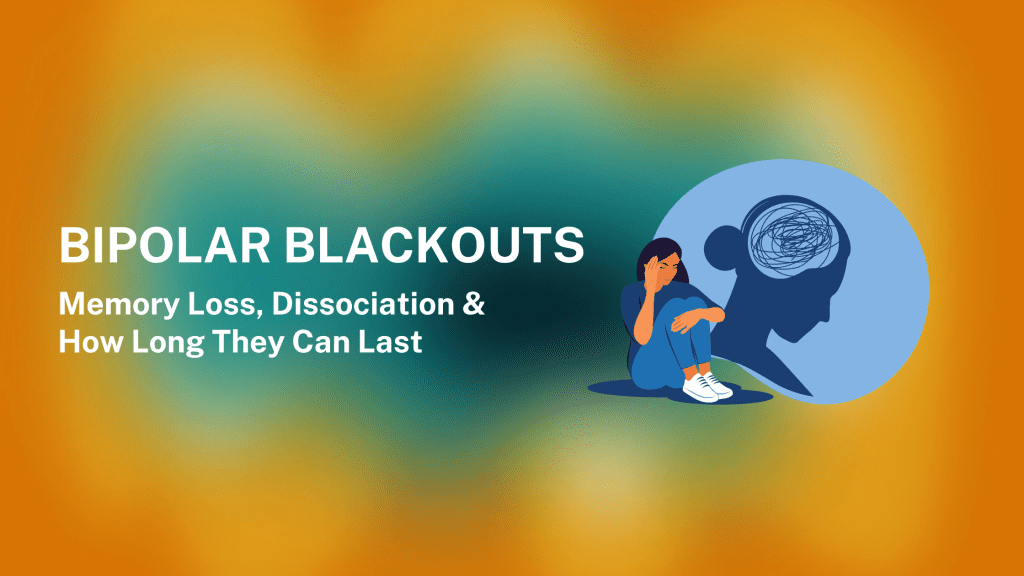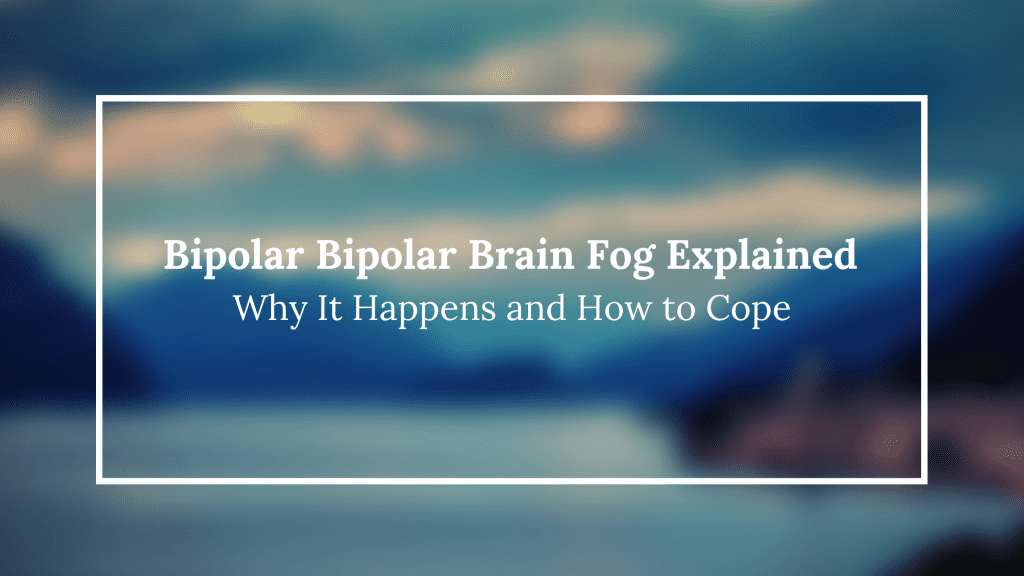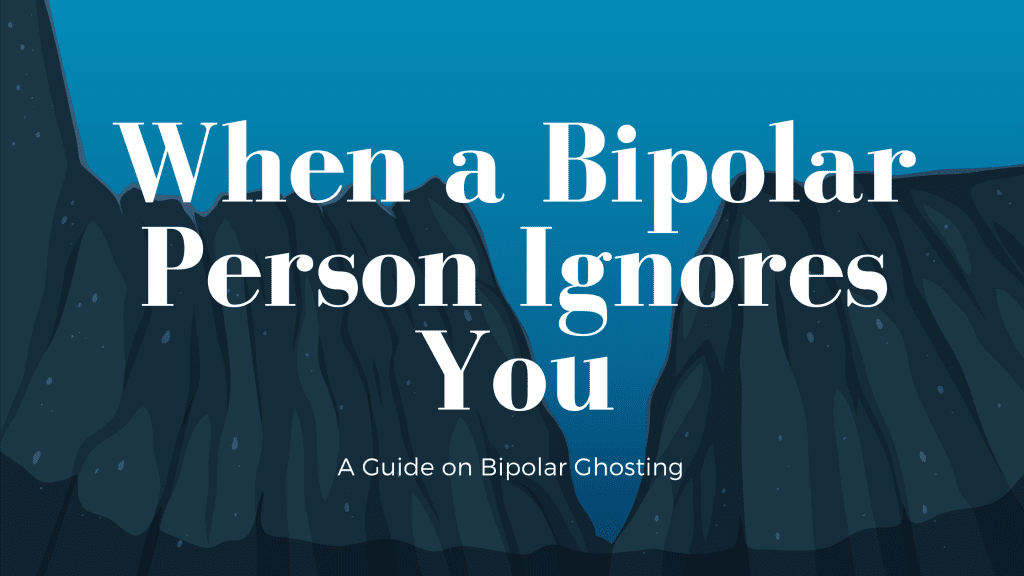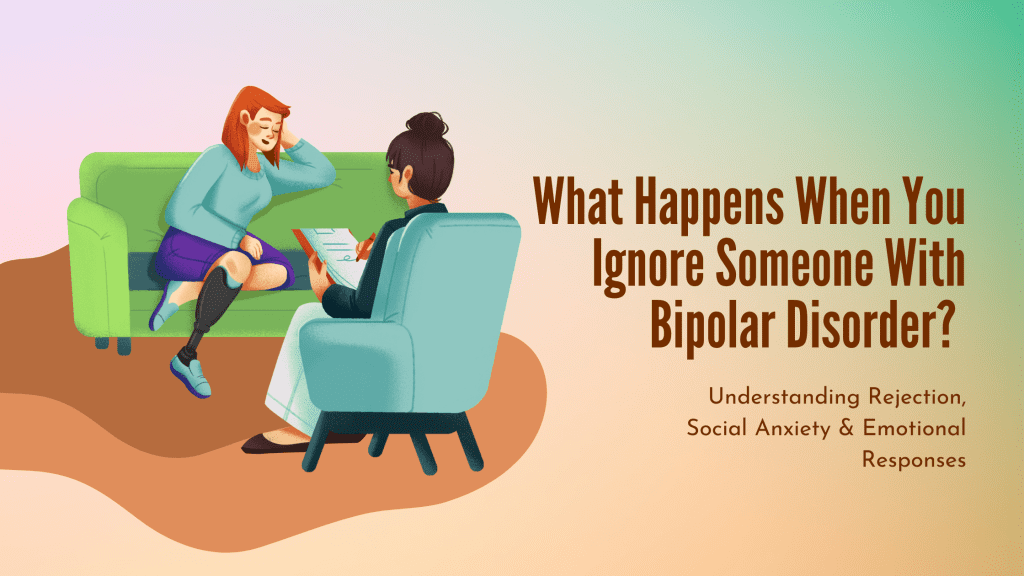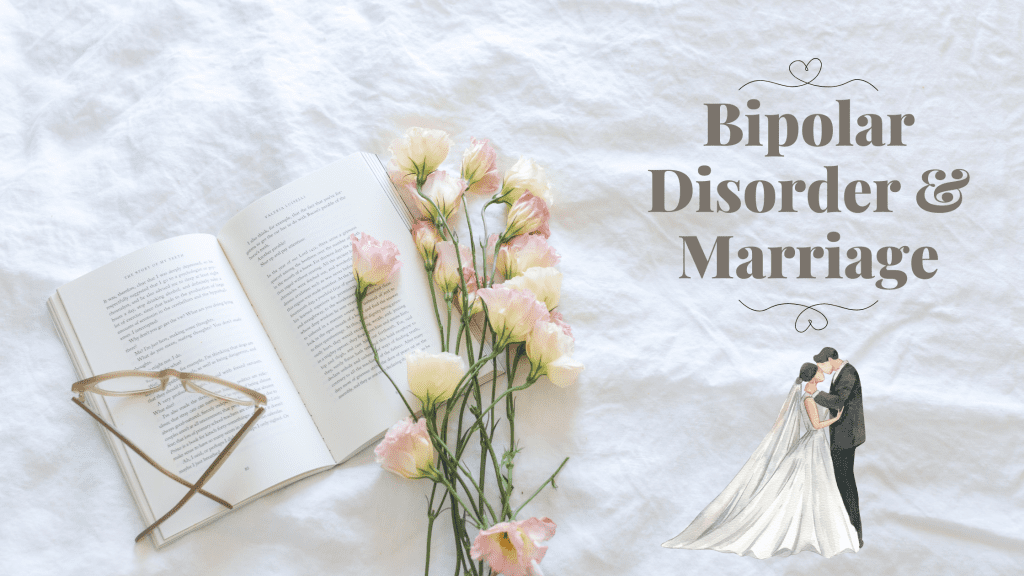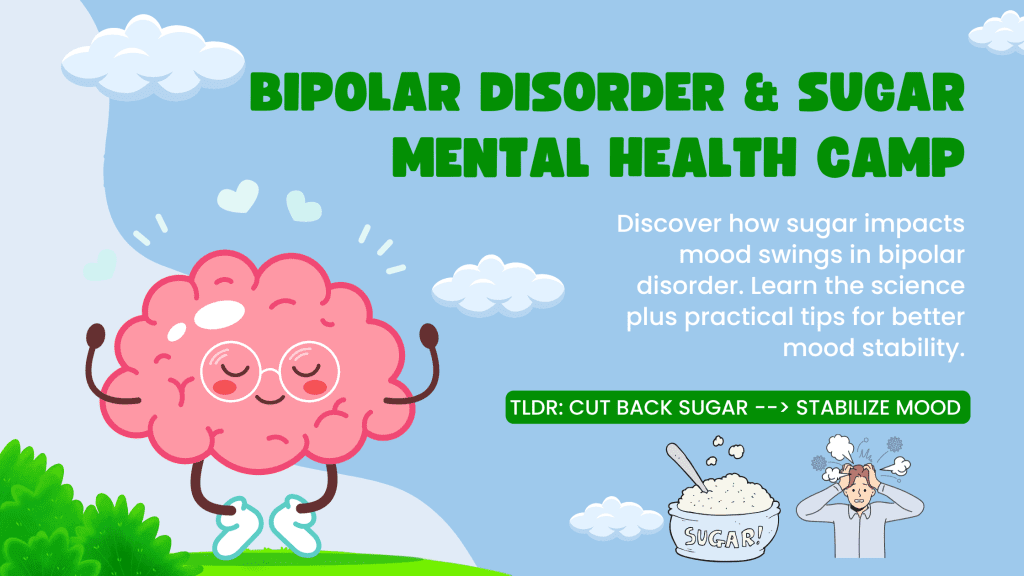What Happens When You Ignore Someone With Bipolar Disorder? Understanding Rejection, Social Anxiety & Emotional Responses When you ignore someone with bipolar disorder, the effects can be much deeper than you might expect. People with bipolar disorder often feel emotions more intensely, and being ignored can trigger a chain reaction of anxiety, paranoia, and even depression or anger. In this post, we’ll explore what really happens when you ignore someone with bipolar disorder, how it connects to social anxiety and abandonment issues, and how you can offer support without enabling unhealthy patterns. Studies show that social isolation and loneliness can make bipolar symptoms worse and lower quality of life. People with bipolar disorder who feel isolated are more likely to have severe mood swings, trouble regulating emotions, and poorer long-term outcomes. That’s why reducing isolation—through therapy, support groups, or regular social activities—is so important. For more guidance on bipolar disorder, check out our book and masterclass to reclaim control of your life. You can also check out our free resources. The Emotional Domino Effect Ignoring someone with bipolar disorder can set off a series of emotional responses: Anxiety is triggered first. When someone feels ignored, they start to worry about what they did wrong or why they’re being left out. This anxiety can quickly become overwhelming. Anxiety can lead to paranoia. Thoughts like “Are they mad at me?” or “Did I do something terrible?” start to take over. The person might start to believe things that aren’t true, like thinking others are talking about them or planning to leave them. Paranoia leads to racing thoughts and physical tension. The mind can’t slow down, and the body feels tense or restless. This is exhausting and can make it even harder to think clearly. Isolation and depression often follow. Feeling ignored and misunderstood, the person may withdraw from others, stop reaching out, and sink into depression. Sometimes, instead of withdrawing, they might react with anger or lash out, feeling desperate to be noticed or understood. Emotional outbursts are followed by embarrassment. The burden of knowing that they are not at their best cause shame and further cause the person to pull back from social settings to avoid further regret. Rumination A common response to being ignored is rumination—repetitive, obsessive thinking about what happened and why. People with bipolar disorder might replay the situation over and over in their minds, trying to figure out what went wrong or how to fix it. This rumination can make their anxiety and depression worse, trapping them in a cycle that’s hard to break. A way to break the cycle is to ask yourself the following: “Are the thoughts true? If no, you’ve freed yourself from rumination. If unsure, seek clarification.” — Imran Ghani, BP Harmony Founder Let’s look at a real-life example. A farmer with bipolar disorder made a mistake at work and nearly killed the entire okra crop. His manager corrected him, and he immediately felt ashamed. Later, he overheard colleagues laughing in another room. He became convinced they were laughing at him, even though there was no evidence. By the end of the day, his anxiety and paranoia had grown so much that he isolated himself and worried he would be fired. All of this started with a small mistake and the feeling of being ignored or left out. If those around him had noticed his distress and offered reassurance, it could have stopped the spiral. Sometimes, a simple “Hey, are you okay?” or “We’re not upset with you” can make a huge difference for someone with bipolar disorder. How to Offer Support Supporting someone with bipolar disorder doesn’t mean you have to agree with everything they do or say. It means being present, listening, and offering reassurance when needed. Here’s how you can help: Acknowledge their feelings. Let them know you hear them and that their feelings matter. Offer reassurance, but be honest. You don’t have to pretend everything is perfect, but a simple “I’m here for you” can help. Encourage healthy coping skills. Suggest talking to a therapist, joining a support group, or practicing self-care. Set boundaries if needed. It’s okay to take care of yourself, too. Just explain your boundaries in a kind and clear way. Don’t ignore them. Even if you need space, communicate that directly instead of disappearing. Silence can be misinterpreted as rejection or abandonment. Final Thoughts When you ignore someone with bipolar disorder, it doesn’t just hurt their feelings for a moment—it can trigger a chain reaction of anxiety, paranoia, and isolation that’s hard to break. Understanding this can help you be a better friend, family member, or coworker. Remember: a little kindness and reassurance can go a long way in helping someone feel seen, safe, and supported. If you or someone you know is struggling with bipolar disorder, don’t hesitate to reach out for help. You’re not alone, and support is available. References https://primarycareofkansas.com/when-you-ignore-a-bipolar-person/ https://girlwithblueenergy.com/bipolar-rumination-what-is-it-and-how-do-you-stop/ https://www.healthline.com/health/bipolar-and-isolation https://www.ybgr.org/17-quotes-illustrating-life-with-bipolar-disorder/ https://www.nimh.nih.gov/health/publications/bipolar-disorder https://pmc.ncbi.nlm.nih.gov/articles/PMC10769945/ https://pmc.ncbi.nlm.nih.gov/articles/PMC4701591/ https://wahpsychiatryclinic.com/when-you-ignore-a-bipolar-person/ https://www.bphope.com/bipolar-depression-feeling-all-alone/ https://pmc.ncbi.nlm.nih.gov/articles/PMC3384231/ https://www.nimh.nih.gov/health/topics/bipolar-disorder https://www.psy.ox.ac.uk/publications/1598401 https://www.mindrestorative.com/tn/what-happens-when-you-ignore-a-bipolar-person https://pmc.ncbi.nlm.nih.gov/articles/PMC3650482/ https://neurolaunch.com/bipolar-ignoring-texts/ https://promisewellnesscenter.com/what-happens-when-you-ignore-a-bipolar-person/ https://pmc.ncbi.nlm.nih.gov/articles/PMC3927326/ https://psychcentral.com/bipolar/bipolar-disorder-quotes https://www.psychiatry.org/getattachment/f77c5ee1-2073-4eac-a7c8-308b438ea995/am_syllabus_2016.pdf https://www.sciencedirect.com/science/article/abs/pii/S0165032798001396 https://pmc.ncbi.nlm.nih.gov/articles/PMC5821068/ https://xtracareclinicllc.com/what-happens-when-you-ignore-a-bipolar-person/ https://www.bphope.com/6-life-lessons-to-learn-and-live-by/ https://mentalhealthmatch.com/articles/inspiring-mental-health-quotes https://www.betterhelp.com/advice/bipolar/33-bipolar-quotes-and-sayings/ https://podcasts.apple.com/us/podcast/overcoming-negative-thoughts-and-embracing-positivity/id1613398128?i=1000665015516&l=ru https://www.psychologytoday.com/us/therapists/tx/sugar-land?category=bipolar-disorder&page=4 https://www.nimh.nih.gov/health/publications/bipolar-disorder-in-children-and-teens https://escholarship.org/content/qt16d6p0wd/qt16d6p0wd_noSplash_1673a80d7976f77717a6cea8d8c1205d.pdf?t=ryt8ok




